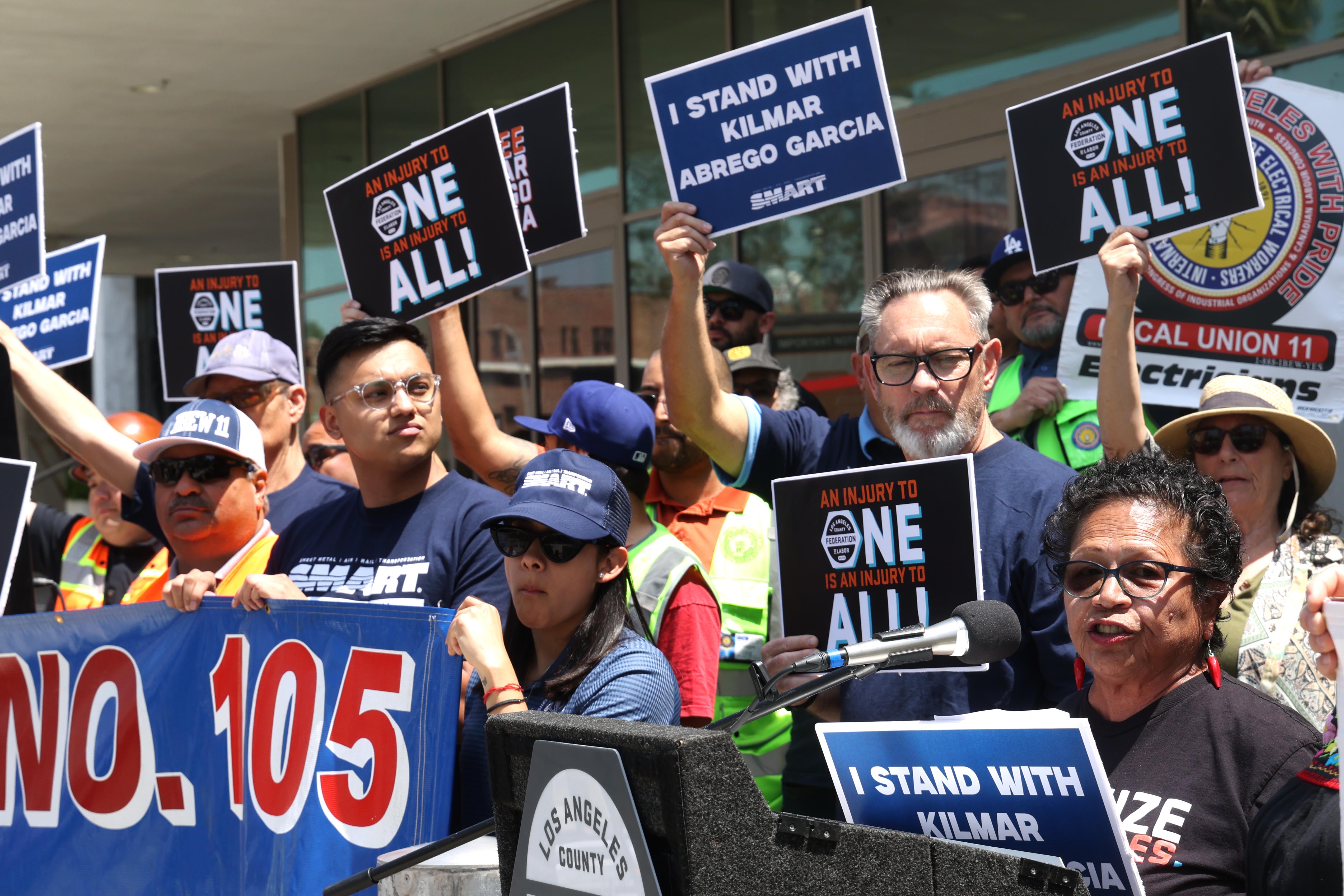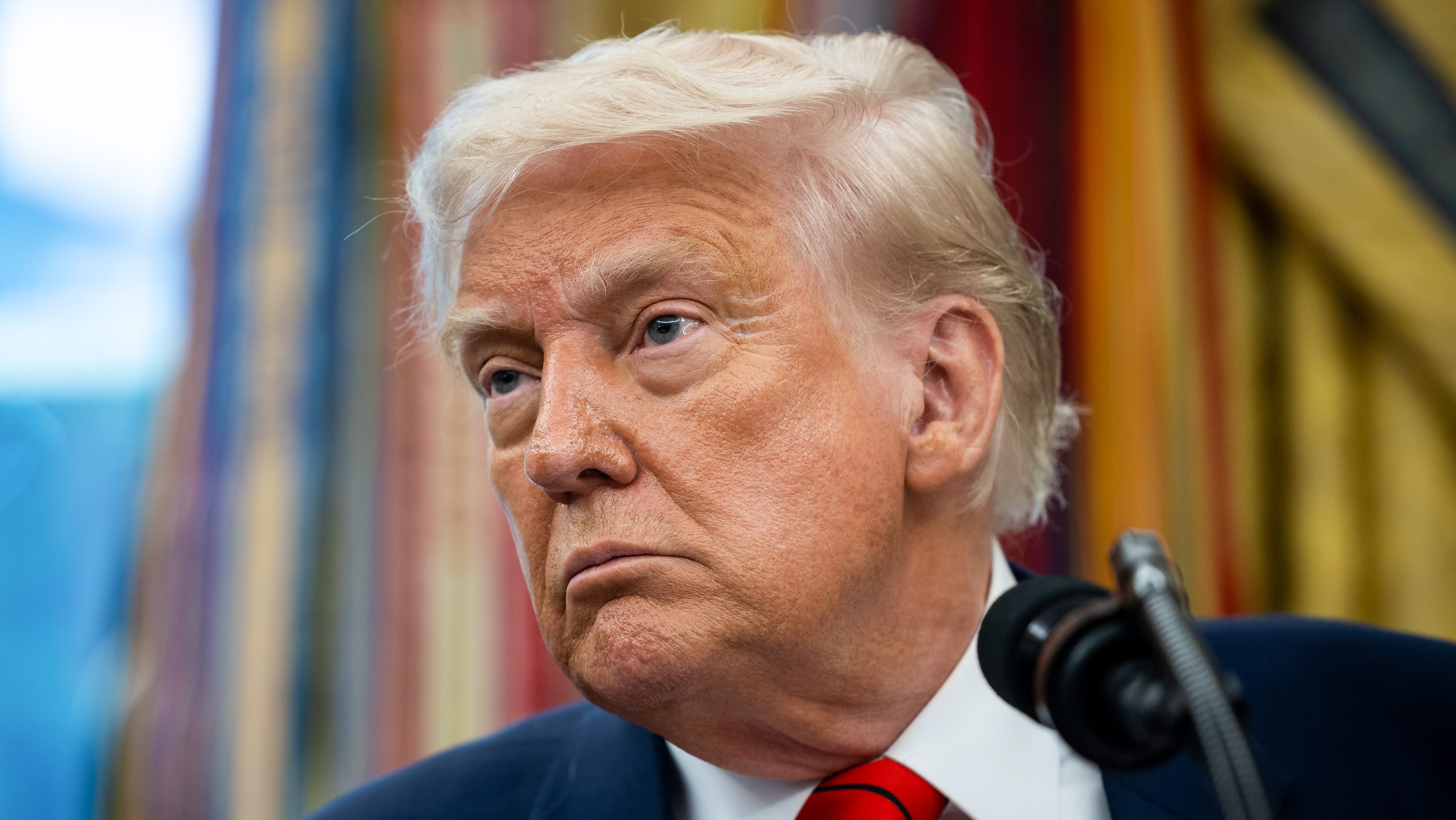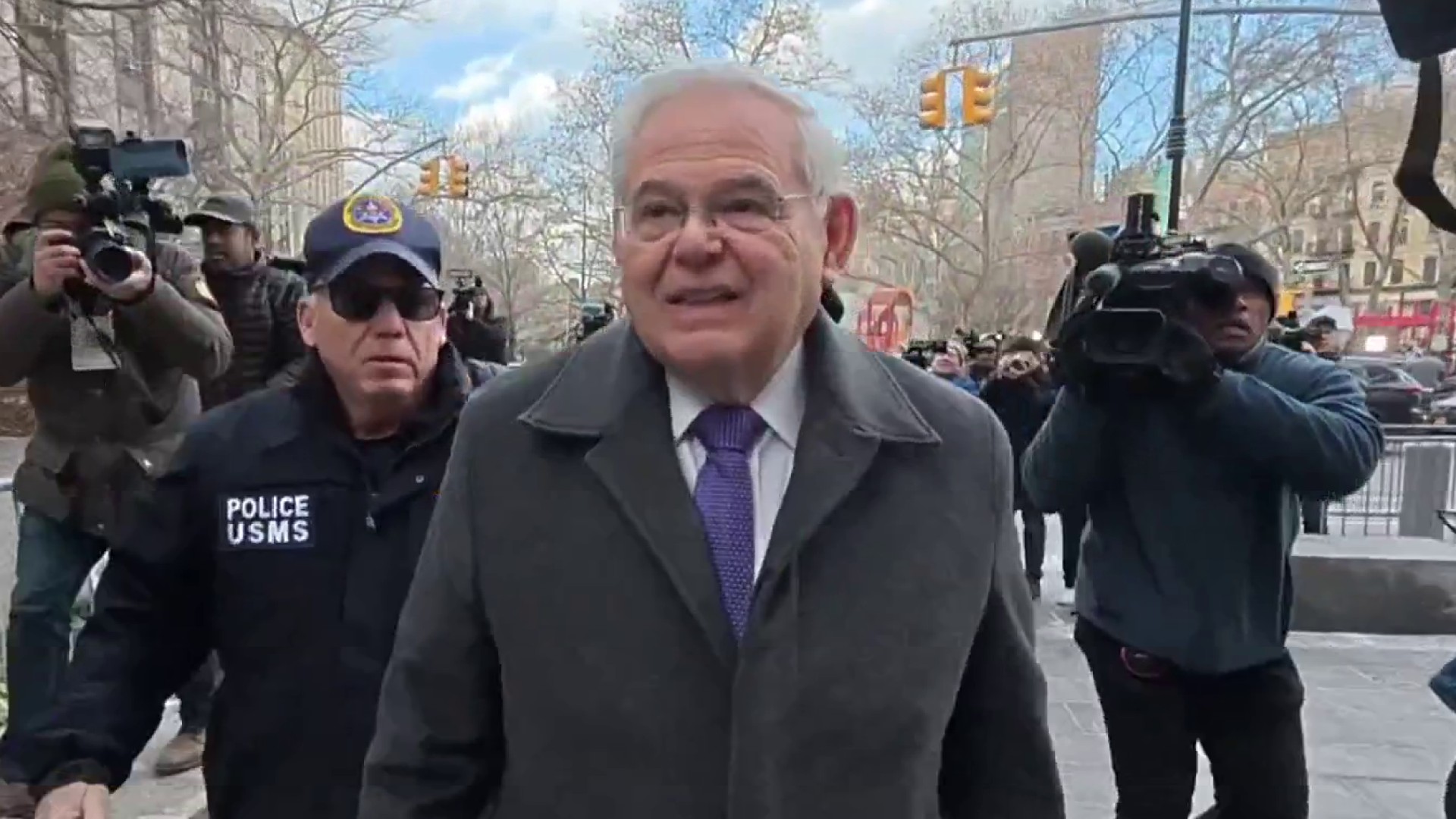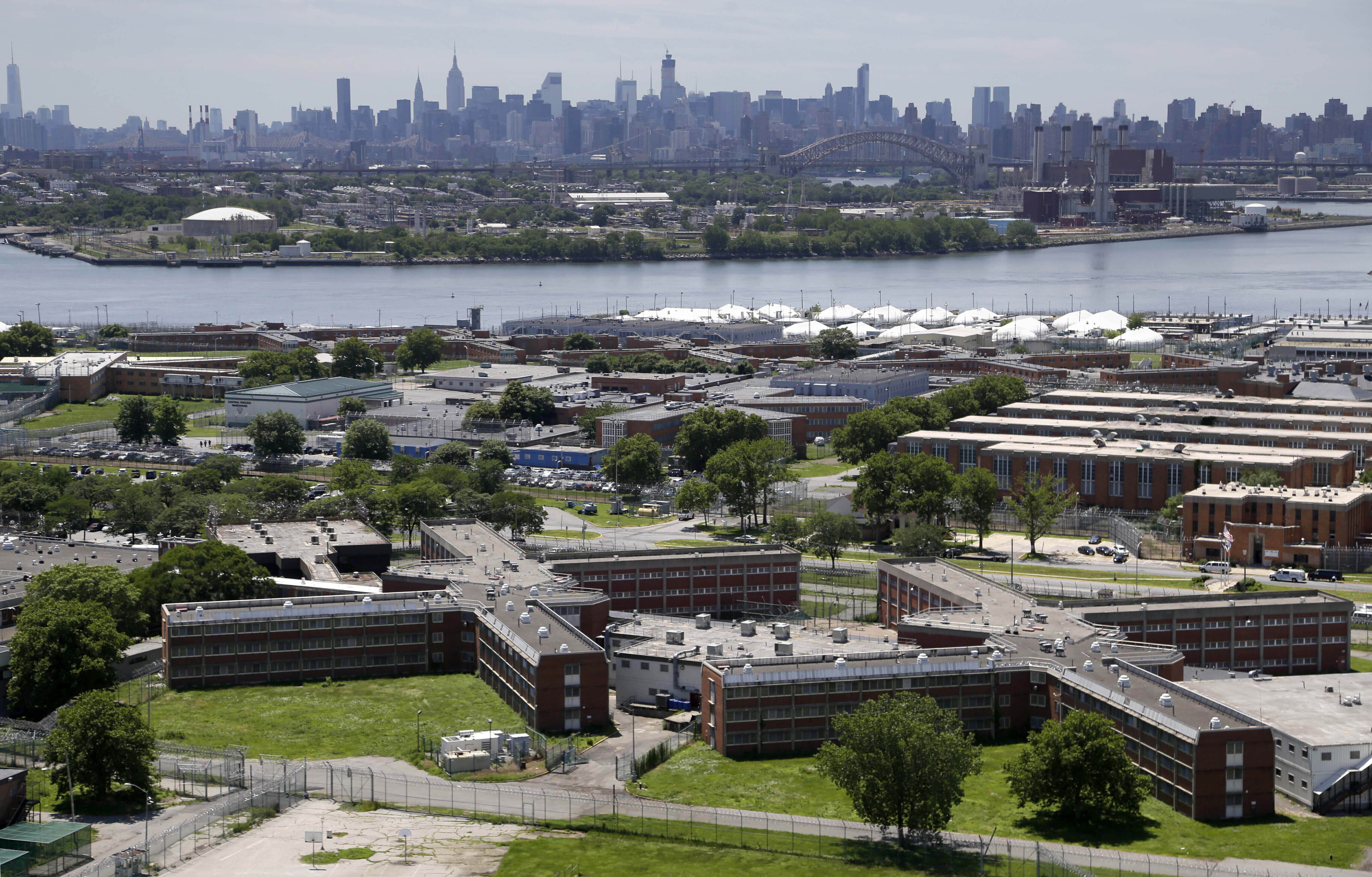Abrego Garcia Deportation: Judge Halts Order! What's Next?
Justice Delayed? Judge Pauses Order in Abrego Garcia Deportation Case
Introduction: A Legal Tug-of-War
Have you ever felt like you were caught in a legal maze? The case of Kilmar Abrego Garcia, a man mistakenly deported to El Salvador, is a prime example of just that. A federal judge has temporarily put the brakes on her own order, which required the Trump administration to provide details about their efforts (or lack thereof) to bring Mr. Abrego Garcia back to the United States. This legal saga has been ongoing, reaching the Supreme Court and leading to accusations of "bad faith" against administration lawyers. So, what's the story, and why does this pause matter?
A Seven-Day Respite: What Does it Mean?
U.S. District Judge Paula Xinis granted a seven-day pause, a move that might seem small but could signal a significant shift in the case. According to Judge Xinis, this pause was agreed upon by the lawyers representing Kilmar Abrego Garcia. This agreement is interesting. Could this mean negotiations are underway, or is this simply a strategic maneuver?
Drew Ensign's Sealed Motion: A Change of Heart?
Drew Ensign, a deputy assistant attorney general, filed a sealed motion requesting this stay. This motion asks the court to halt the directive for the U.S. government to hand over testimony and documents concerning plans to retrieve Mr. Abrego Garcia. Furthermore, the administration wants relief from the daily updates they were ordered to provide on their progress. A sealed motion often suggests sensitive information is involved, but it also raises the question: What changed?
Why the Delay? Unveiling the Legal Reasoning
Judge Xinis remained tight-lipped about her reasons for granting the stay until April 30th. This leaves us in suspense. Why the delay in explaining her decision? Is it to allow time for negotiations? Or are there other factors at play?
The Backstory: A Deportation Gone Wrong
Mistaken Identity and Its Consequences
The core of this case revolves around a fundamental error: a mistaken deportation. Kilmar Abrego Garcia, for reasons still debated, was deported to El Salvador. This mistake has had profound consequences for him and his family. This is more than just a bureaucratic error; it's a disruption of a life.
The Human Cost: Beyond Legal Jargon
Let's not forget the human element. Behind the legal filings and courtroom drama is a man separated from his home and family due to an administrative error. While lawyers argue legal technicalities, Mr. Abrego Garcia’s life is in limbo.
The Supreme Court Connection: A Case of National Importance
Reaching the Highest Court in the Land
The fact that this case has made its way to the Supreme Court highlights its significance. It’s not just about one man; it’s about due process, government accountability, and the rights of individuals in the face of bureaucratic errors. The Supreme Court's involvement raises the stakes considerably.
Precedent and Policy: What's at Stake?
The outcome of this case could set a precedent for future cases involving mistaken deportations. It could influence policies and procedures related to immigration enforcement. The implications extend far beyond Mr. Abrego Garcia himself.
"Bad Faith" Allegations: A Judge's Strong Words
Accusations of Dishonesty: A Serious Charge
Judge Xinis accused the administration lawyers of acting in “bad faith.” These are strong words from a judge. It suggests that she believed the government wasn’t being forthright or honest in its dealings with the court. Such accusations can damage the credibility of the parties involved.
Erosion of Trust: The Impact on the Legal Process
When a judge accuses lawyers of "bad faith," it can erode trust in the legal process itself. It raises questions about the integrity of the proceedings and the fairness of the outcome. Trust is the bedrock of the justice system.
The Politics of Immigration: A Backdrop to the Case
Immigration Policy and Enforcement: A Contentious Issue
This case is unfolding against the backdrop of heated debates about immigration policy and enforcement. The political climate adds another layer of complexity to the legal proceedings. Immigration is arguably one of the most politically charged issues today.
The Trump Administration's Stance: A Factor to Consider
The Trump administration's stance on immigration enforcement is a significant factor in this case. The administration’s policies and priorities have undoubtedly influenced the handling of this case. You cannot ignore the broader context of the administration's approach to immigration.
The Future of the Case: What Lies Ahead?
Possible Outcomes: A Range of Scenarios
Several outcomes are possible. The administration could resume its efforts to retrieve Mr. Abrego Garcia. It could continue to resist the court's orders. Or it could reach a settlement with Mr. Abrego Garcia's lawyers. The possibilities are vast.
Long-Term Implications: Setting a Precedent
Regardless of the outcome, this case will have long-term implications. It will shape how similar cases are handled in the future and influence the debate about immigration enforcement and due process. Legal battles are more than just about the present; they shape the future.
Analyzing the Legal Strategy: A Game of Chess?
The Government's Playbook: What Are They Trying To Achieve?
Understanding the government’s legal strategy is crucial. Are they delaying to wear down the other side? Are they hoping for a change in circumstances? Or are they genuinely seeking a resolution that protects their interests? The moves in the courtroom are often calculated and strategic.
Abrego Garcia's Legal Team: Fighting for Their Client
Abrego Garcia's legal team is undoubtedly working tirelessly to advocate for their client's rights. They are likely exploring all legal avenues to ensure he is reunited with his family and receives justice. The role of a lawyer is to be a relentless advocate for their client.
The Judge's Role: Balancing Justice and the Law
Ensuring Fairness: A Difficult Task
Judge Xinis has a difficult task: balancing the need for justice with the constraints of the law. She must ensure that the government is held accountable while respecting the legal process. A judge's role is never easy; they have to make tough decisions.
Maintaining Impartiality: A Cornerstone of the Judiciary
Maintaining impartiality is crucial for Judge Xinis. She must set aside personal opinions and political considerations and base her decisions solely on the law and the facts of the case. The judiciary is, at its best, a beacon of impartiality.
Conclusion: Justice in the Balance
The case of Kilmar Abrego Garcia remains unresolved, with the recent pause adding another layer of complexity. The legal battle, which has already reached the Supreme Court, highlights the challenges and complexities of immigration enforcement and the importance of due process. With accusations of "bad faith" and a judge's order temporarily halted, the pursuit of justice hangs in the balance.
Frequently Asked Questions
- Why was Kilmar Abrego Garcia deported in the first place? The details surrounding his deportation are contested, but it appears to have been a case of mistaken identity or administrative error. The exact reasons are a key point of contention in the legal proceedings.
- What does "bad faith" mean in a legal context? "Bad faith" implies dishonesty or a lack of good intentions. In this case, it suggests the judge believed the administration's lawyers were not being truthful or forthcoming in their dealings with the court.
- What is the significance of the case reaching the Supreme Court? The Supreme Court's involvement indicates the case raises important legal or constitutional questions. It signifies that the issues at stake have broad implications beyond the individual case.
- What happens now that the judge has paused her order? The pause allows time for potential negotiations or further legal arguments. The judge will provide her reasoning for the stay by April 30th, which will offer more insight into the future direction of the case.
- Could this case set a precedent for future immigration cases? Yes, the outcome of this case could influence how similar cases involving mistaken deportations are handled in the future. It could establish guidelines for government accountability and individual rights in such situations.





